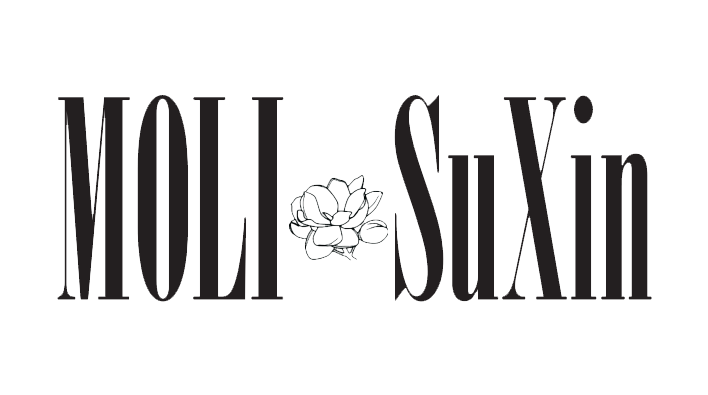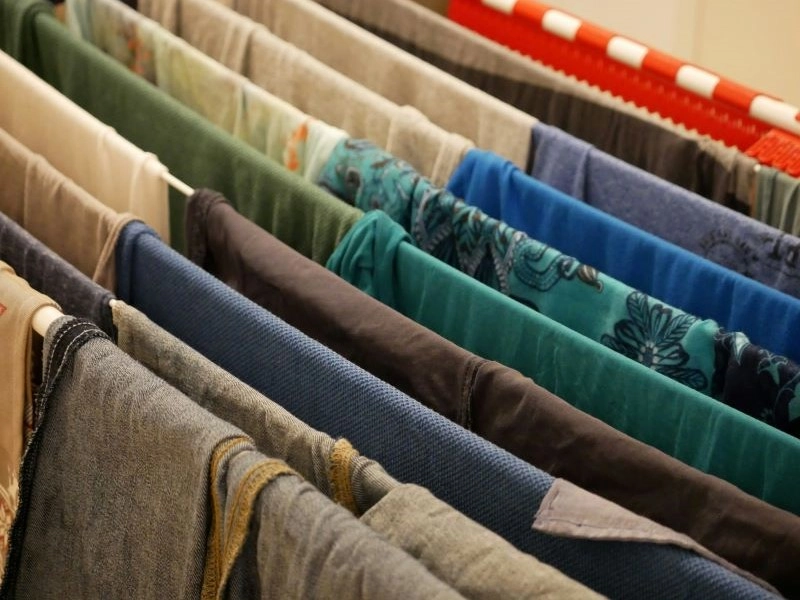Sustainability Isn’t Just a Label
In today’s custom clothing industry, everyone talks about sustainability. However, not all so-called eco fabrics are truly sustainable. At MoLi, we offer bulk customization for fashion brands that care about both aesthetics and the planet. That’s why we help clients look beyond the label and evaluate fabrics based on real impact.
1. What Makes a Fabric Truly Sustainable?
Sustainability in fabric goes far beyond trendy labels—it’s about accountability at every stage of a material’s life cycle. A truly sustainable fabric should minimize environmental impact from production through to disposal. This means using renewable or recycled raw materials, adopting energy-efficient and low-emission manufacturing processes, and ensuring the fabric is non-toxic and safe for human skin. Equally important, the material should be durable enough to extend the product’s lifespan and reduce overall waste.
However, here’s the challenge: while many fabrics claim to be sustainable, most only meet one or two of these criteria. A fabric might be made from recycled materials but still involve harmful dyes, or it may be biodegradable yet lack the durability needed for long-term use. That’s why true sustainability requires a holistic approach—one that balances environmental responsibility, user safety, and functional performance.
2. Common Eco Fabrics—And Their Differences
Not all natural or recycled fabrics are equal. Here’s a breakdown:
| Fabric Type | Sustainability Benefits | Challenges |
|---|---|---|
| Organic Cotton | – Grown without pesticides- Uses less water | – Still requires dyeing- May involve energy-intensive processing |
| Recycled Polyester (rPET) | – Made from recycled plastic bottles- Reduces landfill waste | – Sheds microfibers during washing |
| TENCEL™ / Lyocell | – Derived from FSC-certified wood pulp- Uses closed-loop solvent system | – May still require energy for processing |
| Bamboo Viscose | – Bamboo grows quickly with minimal water | – Chemically intensive production process |
So, when choosing fabrics, go deeper than the name.
3. Fabric Certifications That Actually Matter
Many fabrics claim to be sustainable. The following certifications prove it:
GOTS (Global Organic Textile Standard): Organic fibers + sustainable processing
OEKO-TEX®: Tests for harmful chemicals
GRS (Global Recycled Standard): Recycled input verification
Bluesign®: Monitors supply chain inputs for safety and eco standards
At MoLi, we only source from certified mills and ensure traceability.
4. The Role of Durability in Sustainability
Sustainability isn’t just about using eco-friendly materials—it’s also about making garments that stand the test of time. A shirt made from the most environmentally responsible fabric still falls short if it fades, pills, or loses shape after just a few wears. That’s why at MoLi, we believe true sustainability lies at the intersection of responsible sourcing and long-lasting performance.
We prioritize fabrics that offer high durability without compromising environmental integrity. This includes strong resistance to pilling, excellent colorfastness even after repeated washing, and built-in anti-wrinkle and shape retention properties. Every fabric we recommend undergoes rigorous testing to ensure it performs in real-life conditions. By extending a garment’s usable life, we help reduce overconsumption, cut down on waste, and deliver lasting value—for both our clients and the planet.
5. Customization Choices That Impact Sustainability
How you customize matters too. Here are MoLi’s preferred low-impact options:
Digital printing: Less water than screen printing
Plant-based dyes: Derived from turmeric, indigo, etc.
Laser cutting: Reduces waste
Minimalist packaging: Kraft boxes, biodegradable sleeves
Customization should enhance design without compromising the planet.
6. Choosing the Right Fabric for Your Brand
There’s no one-size-fits-all fabric. The right eco fabric depends on:
Garment purpose (outerwear, loungewear, uniforms)
Target customers (luxury vs casual)
Regional climate and washing habits
At MoLi, we help match materials to your use case and sustainability goals.
7. How MoLi Ensures Sustainable Sourcing at Scale
Being a custom bulk supplier, we emphasize traceability and responsibility. We:
Work with certified fabric partners
Audit environmental compliance
Offer pre-tested eco fabric libraries
Train clients on circular design principles
Our goal is to help you create not only beautiful apparel, but also a better supply chain.
Conclusion: Sustainability Is in the Details
Don’t settle for surface-level claims. Whether you’re a boutique brand or a global retailer, sustainable fabrics for custom clothing should deliver on all fronts: eco impact, durability, function, and feel. At MoLi, we’re here to guide you every step of the way.
CTA: [Consult Our Eco Fabric Team]


